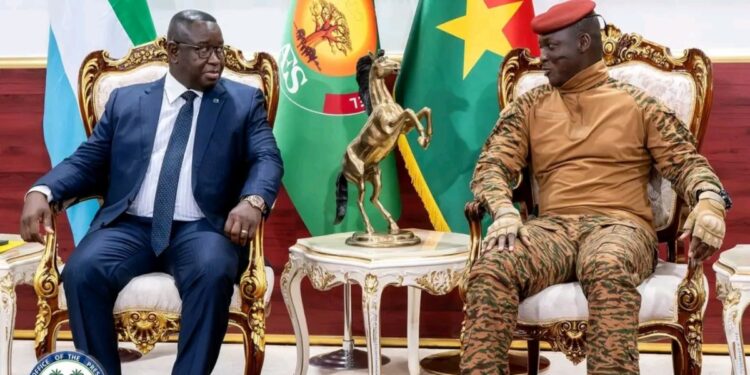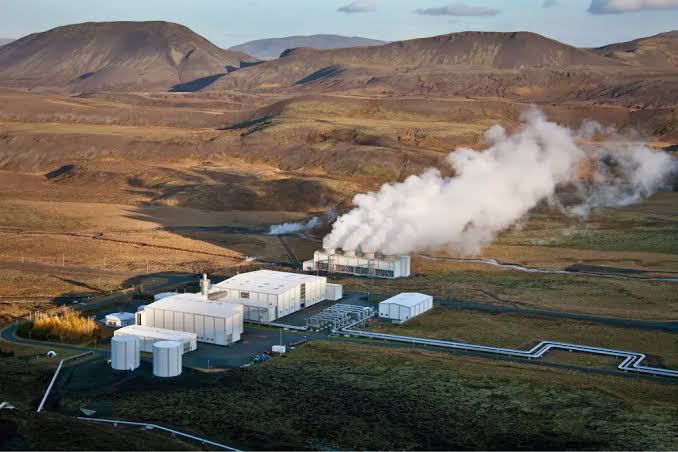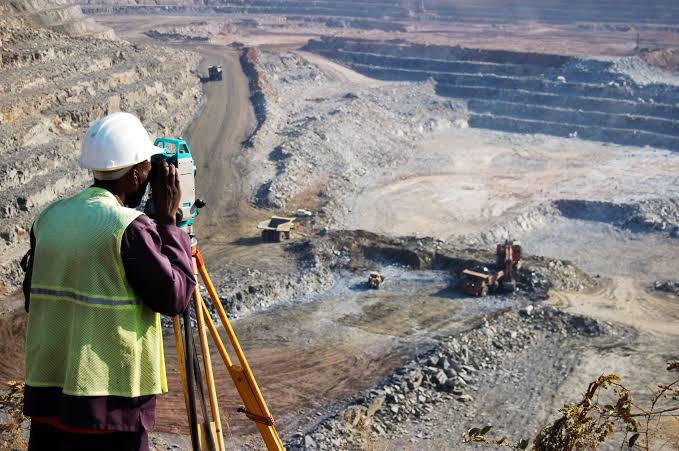
Faith Nyasuguta
India is accelerating its global hunt for critical minerals, with Africa emerging as the centerpiece of a sweeping new strategy to secure the resources essential for the clean-energy age. Under the National Critical Minerals Mission, launched earlier this year, New Delhi has committed about $4 billion over seven years to build a reliable supply chain for minerals such as lithium, cobalt, nickel, copper and rare earths – the lifeblood of electric vehicles (EVs), renewable power systems, defence equipment and advanced manufacturing.
The plan reflects a sharp rise in global demand. According to India’s coal and mines minister, G. Kishan Reddy, consumption of minerals tied to EV batteries and renewable energy components is likely to triple by 2030. To keep pace, India is working to expand exploration at home while forging new partnerships abroad. The programme aims to reduce import dependence, guarantee supply stability and give Indian industry a competitive edge in the clean-energy transition.
Africa has quickly become a strategic priority. Zambia, with its vast copper belt and significant cobalt reserves, sits at the heart of India’s new outreach. Earlier this year, Lusaka allocated 9,000 square kilometres for Indian exploration teams to survey cobalt and copper deposits – a three-year project designed to feed both Indian manufacturers and the wider global market. Cobalt is a critical component in batteries for EVs and mobile phones, while copper remains indispensable for power generation, electronics and construction.
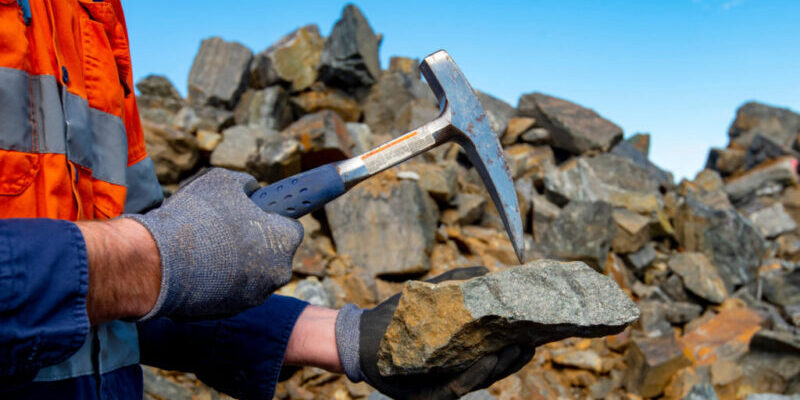
The push is being led by state-owned Khanij Bidesh India Limited (KABIL), which has already secured lithium blocks in Argentina and is pursuing additional acquisitions in Zambia through government-to-government negotiations. By moving early, India hopes to establish a stable foothold in Africa’s fast-changing resource scene, where competition from China, Europe and the United States is already intense.
Beyond Zambia, New Delhi is negotiating with other African nations — including Zimbabwe, Mozambique, Malawi, Cote d’Ivoire, Namibia and the Democratic Republic of Congo – to sign memoranda of understanding covering cobalt, lithium, copper, graphite and other high-value minerals. Officials say these talks are part of a wider strategy to diversify supply, tap resource-rich but politically stable countries, and support long-term development on the continent.
India’s mineral diplomacy does not stop at Africa. It is also strengthening ties with partners such as Japan, Australia, Peru and the United Arab Emirates to create a global network of secure supply chains. Reddy has pointed out that the $4 billion allocated for the critical minerals programme far exceeds the $1 billion earmarked by the United States for a similar drive – a sign of how seriously New Delhi is taking the issue.
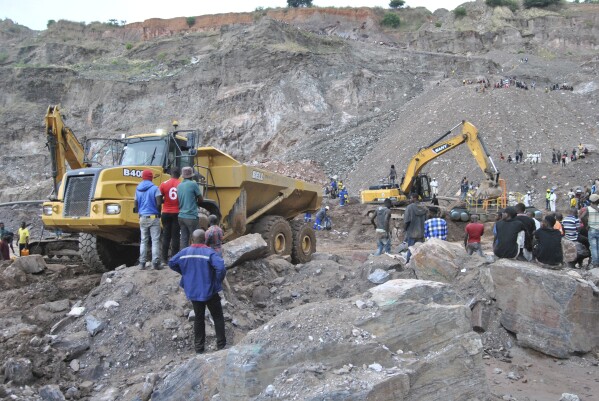
On the domestic front, India has rolled out complementary reforms to ensure the mission’s success. Import duties on 23 critical minerals have been removed to encourage faster flows into the country. Coal and mineral exchanges are being established to make trading more transparent, and financial incentives are being introduced to scale up recycling capacity. Amendments to the Mines and Minerals (Development and Regulation) Act now allow for deep-seated mineral exploration and quicker approvals, ensuring India can meet both domestic and international demand.
The latest auction round put 23 mineral blocks up for bids, with first-time participation from states such as Telangana, Punjab, Uttarakhand and West Bengal.
Experts see India’s strategic investments in African mineral resources as part of a broader ambition to cut import dependency, strengthen energy security and secure a strong position in the global clean-energy market. By focusing on African countries with resource-rich geology and relatively stable governance, India is betting that disciplined fiscal and industrial policies, combined with international partnerships, will support economic growth on the continent while ensuring reliable access to critical minerals.
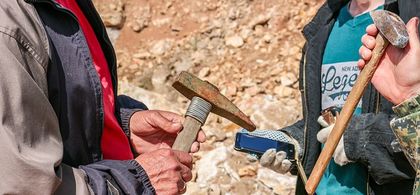
The stakes are high. As the world races to secure the building blocks of the green economy, India’s $4 billion push signals that it intends not just to participate but to compete at the top tier of the global minerals race – and Africa is where that race is already being run.
RELATED:






